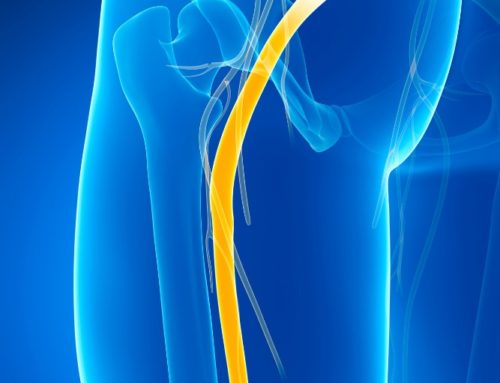While it may require time to adapt and be comfortable with a stoma bag, it does provide significant benefits. However, like most medical equipment, and especially stoma bags require proper usage and handling for the best results. Without these, there is a risk of various complications, including improper fitting, infection, allergic reactions, or skin damage. Such procedures don’t limit your lifestyle, allowing you to enjoy many of the same activities you did before. Of course, it is crucial to follow medical instructions to avoid mistakes with a stoma bag and prevent complications.
Whether the procedure is permanent or temporary, stoma bag care is vital to ensure it works properly with no issues. You may need medical ileostomy or colostomy care at some point, education on nutrition, physical activity, and how to deal with problems are also part of colostomy and ileostomy care. For more information on possible mistakes and how to avoid them, keep reading.
Mistakes To Avoid with A Stoma Bag
It takes time to adapt to it and even feel grateful for having it as it offers improved quality of life. You can continue enjoying many of your activities you did before having it. However, good care is essential. The following sections detail the most common mistakes associated with stoma care.

1. Ignoring diet and dehydration
An improper diet creates several issues with a stoma bag. Some foods are harder to digest, causing discomfort, diarrhea, or constipation. Certain items also don’t break down well, creating blockage to the bag, while others cause unpleasant odors. To avoid such issues, stick to foods that are easy to digest and high in fiber, protein, and nutrients.
Dehydration is also a common issue with a stoma bag and is often the cause of readmission to hospitals. Those with stomas may notice a higher output of fluid in the bag, so the body is absorbing less. To avoid dehydration, drink plenty of water, sports drinks, and other healthy fluids throughout the day.
2. Ignoring continuous care
Another mistake to avoid with a stoma bag is ignoring the continuous care required to maintain the area and equipment. For instance, the proper opening size on the pouch or bag is essential to prevent leaks. The skin also needs consistent monitoring and care, including washing and drying it well. It’s also vital to watch for irritation, redness, rash, or broken skin since these are signs of complications.
3. Ignoring emotional issues
Ostomy surgery has varying effects on an individual’s emotional state. For some people, the procedure is life-changing, causing issues with self-esteem, self-care, and body image. It may also alter their feelings regarding work and relationships and cause distress concerning their daily routine.
Ignoring such emotional issues is hazardous, allowing them to worsen over time. Speaking to a trained therapist, doctor, or even a close friend or family member is a better option. The support these individuals offer reduces negative feelings for increased quality of life.
4. Ignoring medical assistance
Stomas are surgical openings in the abdomen to release waste when normal bladder and bowel functions are compromised. Temporary stomas give the body time to heal, while permanent ones offer more freedom and fewer bathroom visits.
One often requires information on stoma care, physical therapy, emotional support, and medical attention when problems or complications arise. Ignoring medical assistance and trying to solve such issues on your own rarely works well. Luckily, various medical professionals are available to assist stoma patients with every need and concern. They also help patients avoid mistakes with a stoma bag or repair damage caused by improper handling.
Resources:
https://www.ncbi.nlm.nih.gov/pmc/articles/PMC3709920/
https://www.crohnscolitisfoundation.org/treatment/surgery/ostomy
https://www.mayoclinic.org/diseases-conditions/colon-cancer/in-depth/ostomy/art-20045825
https://medlineplus.gov/ency/patientinstructions/000071.htm
This content comprises informative and educational resources only and can not be considered as a substitute for professional health or medical guidance. Reliance on any information provided in this article is solely at your own risk. If you have any inquiries or apprehensions about your medical condition or health goals, talk with a licensed physician or healthcare provider.






Leave A Comment